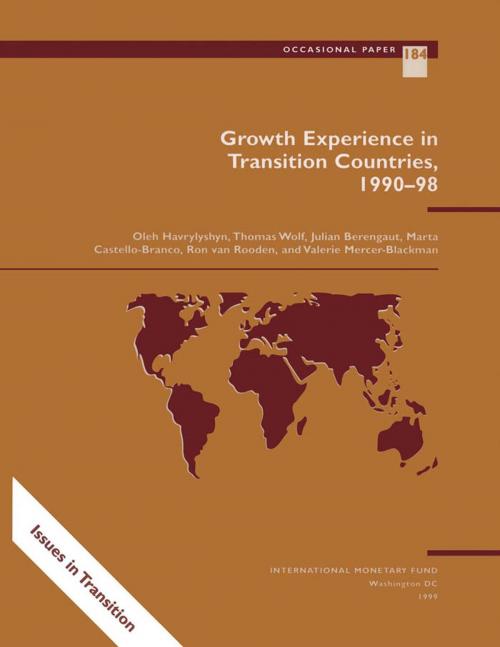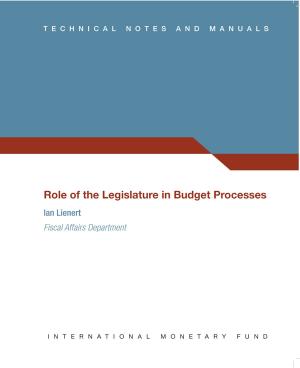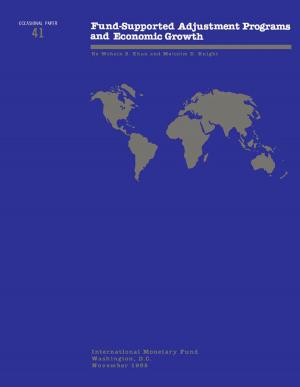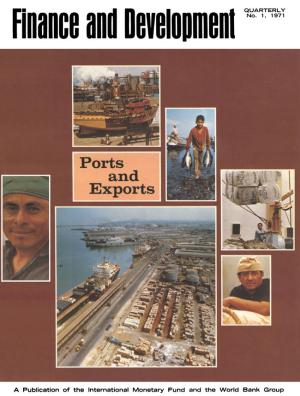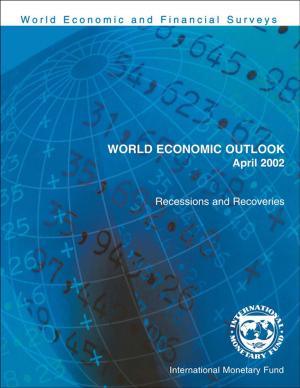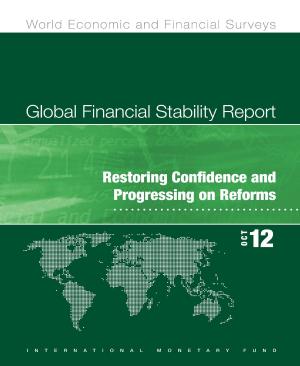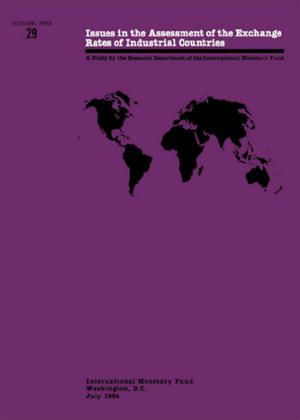Growth Experience in Transition Countries, 90-98
Business & Finance, Economics, Public Finance, Finance & Investing, Banks & Banking, Macroeconomics| Author: | International Monetary Fund | ISBN: | 9781452769158 |
| Publisher: | INTERNATIONAL MONETARY FUND | Publication: | April 19, 2000 |
| Imprint: | INTERNATIONAL MONETARY FUND | Language: | English |
| Author: | International Monetary Fund |
| ISBN: | 9781452769158 |
| Publisher: | INTERNATIONAL MONETARY FUND |
| Publication: | April 19, 2000 |
| Imprint: | INTERNATIONAL MONETARY FUND |
| Language: | English |
This study, another in the series focusing on special issues in transition, reviews the experience of output decline and recovery in the 25 countries of eastern and central Europe and the Baltics, Russia, and other countries of the former Soviet Union. Although these countries began the process of economic transformation with similar circumstances of output decline, the extent of decline, its duration, and the sustainability of recovery in growth varied considerably. The authors explore the factors behind this variation and find that the most important policies promoting early and sustained recovery were ones that supported financial stabilization and structural reforms in key areas such as private sector development, the tax system, economic liberalization, and secure property rights.
This study, another in the series focusing on special issues in transition, reviews the experience of output decline and recovery in the 25 countries of eastern and central Europe and the Baltics, Russia, and other countries of the former Soviet Union. Although these countries began the process of economic transformation with similar circumstances of output decline, the extent of decline, its duration, and the sustainability of recovery in growth varied considerably. The authors explore the factors behind this variation and find that the most important policies promoting early and sustained recovery were ones that supported financial stabilization and structural reforms in key areas such as private sector development, the tax system, economic liberalization, and secure property rights.
